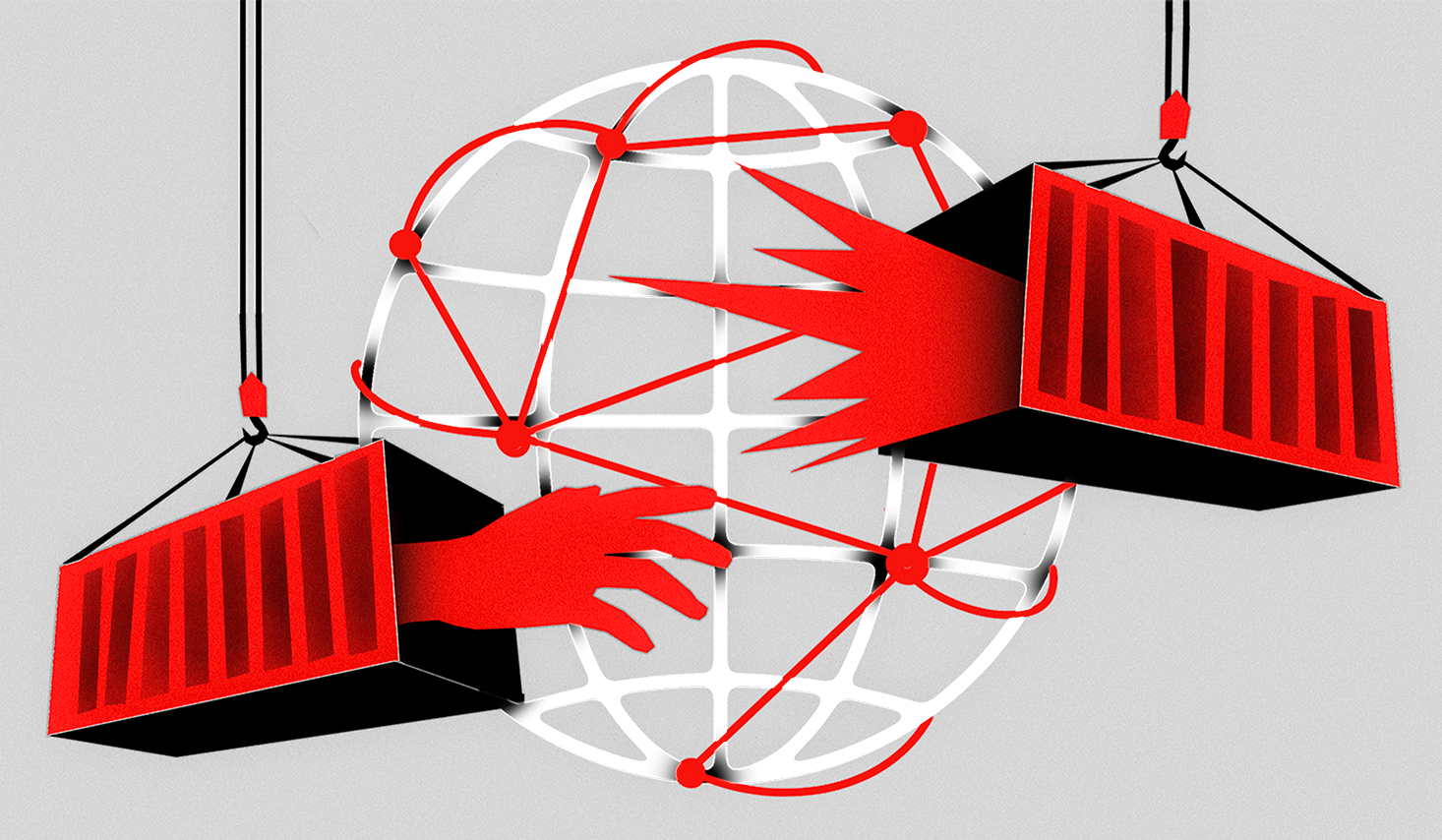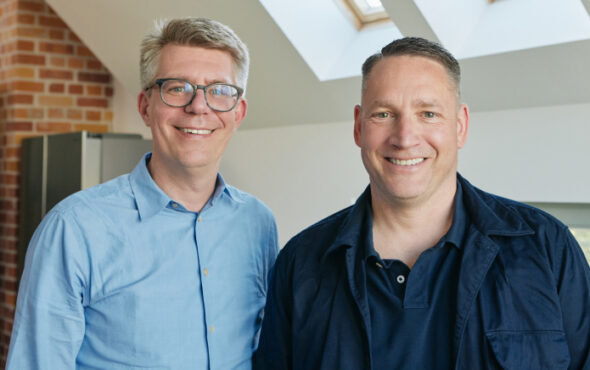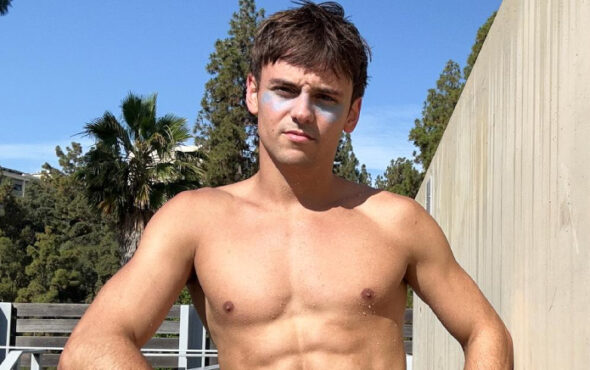
Queer media representation is down while transphobic legislation and scaremongering are on the up – across the west, recent years have seen a regression in terms of queer and trans equality. In times like these, it’s important to look to history in an effort to understand the political and cultural history of the LGBTQIA+ community.
But while the queer histories of American and British activists are frequently discussed, it’s worth exploring a different kind of queer history: the role of the UK in shaping homophobia across the globe. It’s particularly important to examine the roots of the popular, but inaccurate, idea that homosexuality in African countries is a western import while homophobia is inherently African.
This idea runs so deep that even in modern times Black and Brown people are considered the face of homophobia while African countries are pictured as the birthplaces of homophobia and as countries which need to be saved from their own bigotry. It is this thinking that, in 2011, gave rise to former British Prime Minister David Cameron telling Commonwealth leaders that UK foreign aid should become conditional on whether or not countries decriminalise homosexuality.
To this day, despite its shaky stance on trans rights, the UK is positioned internationally as a leader in LGBTQIA+ culture and a beacon of hope that should be emulated. But how deserved is this, really? Not really, especially when you zoom out and consider the country’s long history of exporting homophobia globally and to the African continent in particular.
In 2019, Botswana overturned colonial-era laws which criminalised homosexuality. During the ruling, Judge Michael Leburu declared that “the anti-sodomy laws are a British import” and were developed “without the consultation of local peoples”. A similar story occurred a year before in India, when Justice Indu Malhotra, stated that “history owes LGBT people an apology.” It was then that she, alongside four other judges of the Indian Supreme Court, declared that Section 377 of the Indian Penal Code was unconstitutional.
Many of Britain’s former colonies still possess laws with harsh penalties for “sodomy” which can be traced back to UK rule. Trinidad and Tobago, for example, has one of the harshest penalties in the Caribbean, with a maximum of 25 years in prison. And of the 69 countries where homosexuality is still criminalised today, 36 of them are former UK colonies.
As Ugandan feminist activist, human rights lawyer, and writer Ophelia Kemigisha tells GAY TIMES, it’s worth considering this colonial context and how it ties to anti-LGBTQIA+ legislation in countries like Uganda today. “Although Uganda is currently known for its anti-gay stance, traditional societies were not as intolerant of non-heteronormative expressions of sexuality and gender,’’ Kemigisha explains. “President Museveni has also been quoted multiple times saying homosexuals always existed in society but were not given public platforms.”
Although Uganda is currently known for its anti-gay stance, traditional societies were not as intolerant of non-heteronormative expressions of sexuality and gender
Research and academic work points to thriving queer identities and the existence of multiple genders in pre-colonial societies around the world. However, as part of their colonising mission, westerners sought to demonise and control the diverse cultures they did not and refused to understand. From Africa to Asia to Native American lands, the story remains the same: westerners came in and decided there could only be two genders and only one form of accepted sexuality. To enforce their way of life, they criminalised the alternatives and wiped out all reminders of queer history.
The best way to fully frame and understand the reality of queer people globally is to continuously dig into their histories by reading independent research, sharing resources and speaking to people in these regions to understand their realities better. We must not forget that queerphobia – not queer acceptance – is a western invention.



